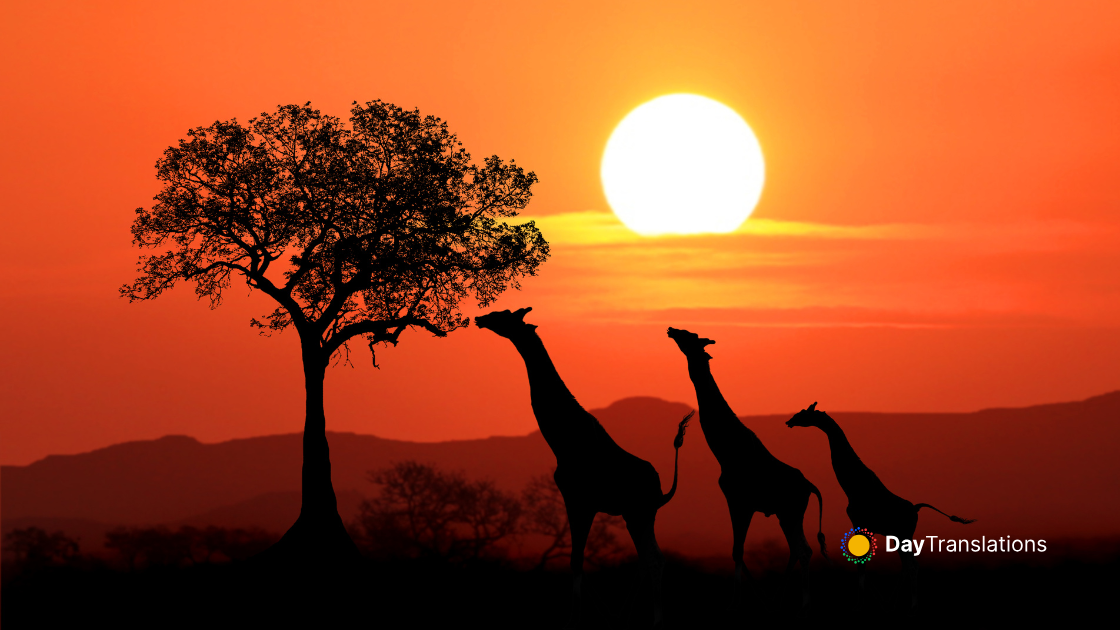Geography of Romania: Important Geographical Information about Romania
In this Country Profile
Situated in the northeastern side of the Balkan Peninsula, Romania is located halfway between the equator and the North Pole and equidistant from the westernmost point of Europe: the Atlantic Coast, and the most easterly: the Ural Mountains.
The backbone of Romania is formed by the Carpathian Mountains, which swing southeastward and then westward through the country. The spectacular alpine view, the diversity and configuration of the vegetation, the different types of relief particularities glacial, karstic, riverine, structural-lithological, the alternation of mountainous and depressions units, the gorges and fabulous valleys make the Romanian Carpathians a spectacular open-air museum. It remains one of the last undisturbed places in all Europe.
Romania’s Carpathians are differentiated into three ranges: the Eastern Carpathians, the Southern Carpathians or Transylvanian Alps, and the Western Carpathians. The offer spectacular views and hikes on a glacier carved landscape. The magnificent Southern Carpathians , rising in places the highest peak at 2,500 m (Moldoveanu Peak 2,544m and Negoiu 2,535 m), have more than 150 glacial lakes.
The Eastern Carpathians are covered with forests. 32% of Romania’s woodlands are there. The Western Carpathians are the lowest of the three ranges and are fragmented by many deep structural depressions.
The Danube travels 1,075 km (almost 40% of its entire length) through or along Romanian territory, running westward between the Transylvanian Alps and the Bihor Mountains. The most important rivers are: the Mures River, the Olt River, the Prut, the Siret River. Romania has approximately 2,300 lakes.

Sorry, the comment form is closed at this time.